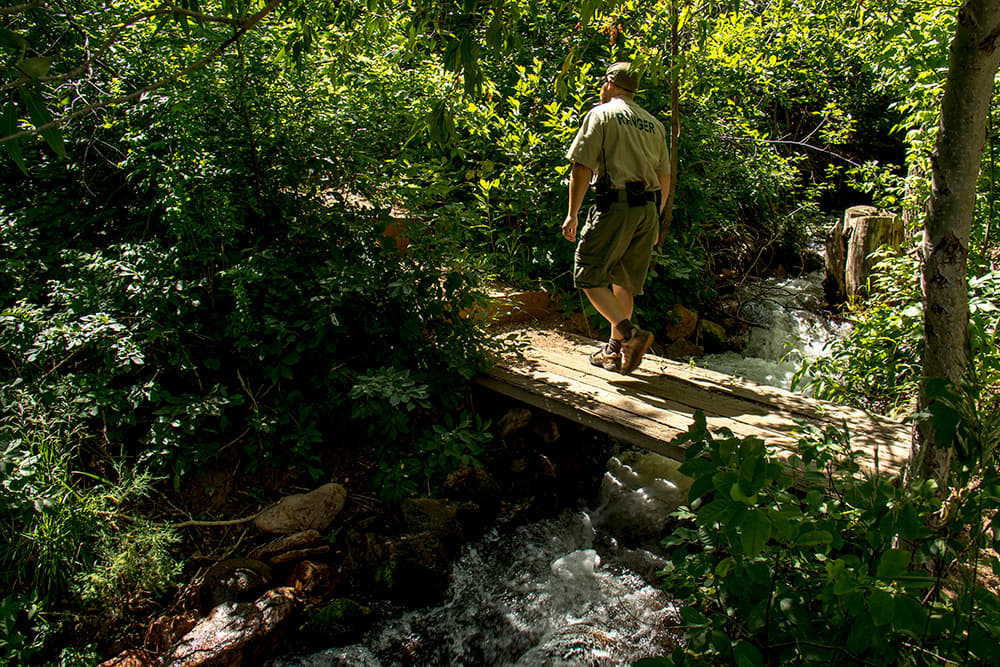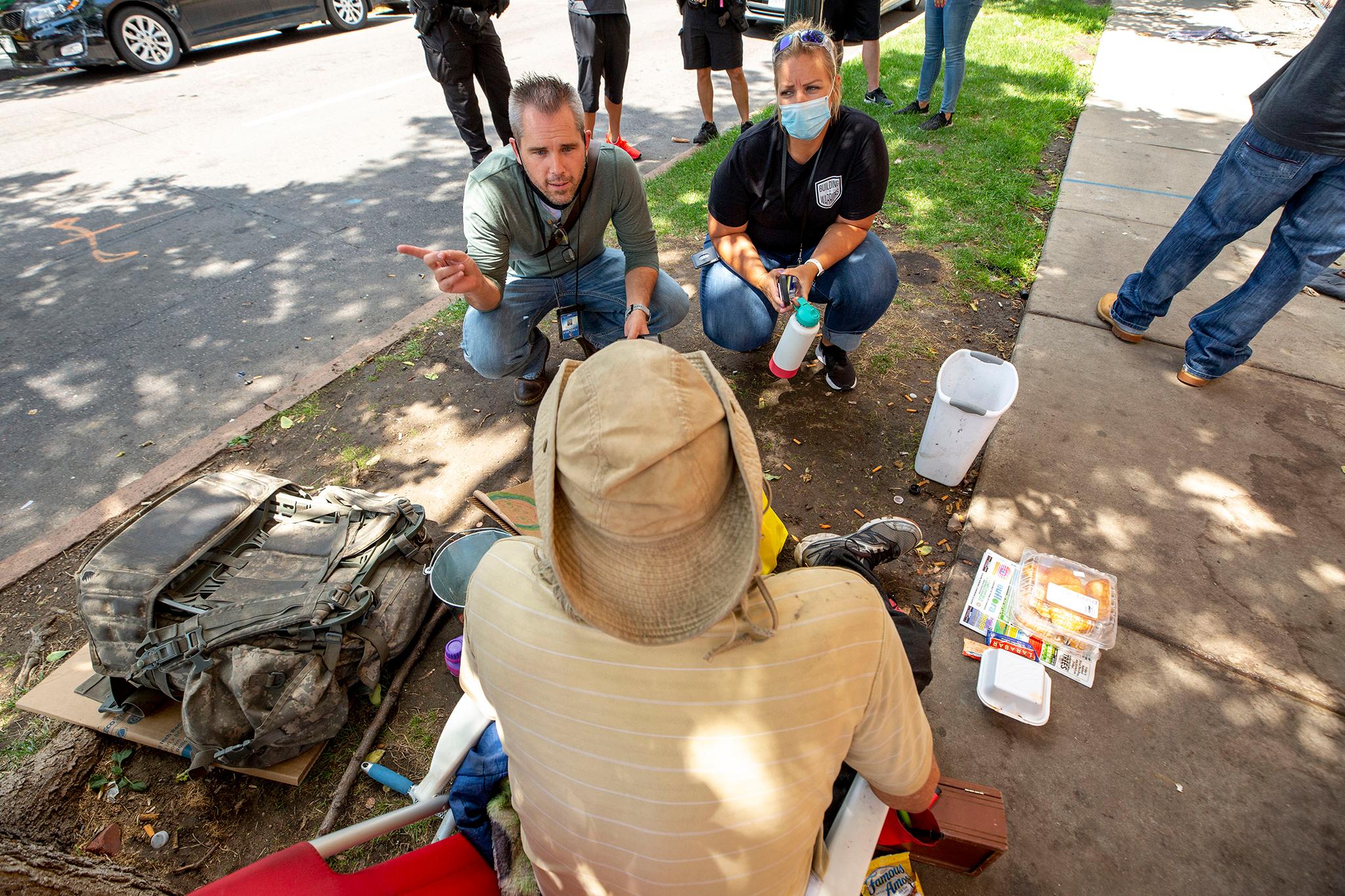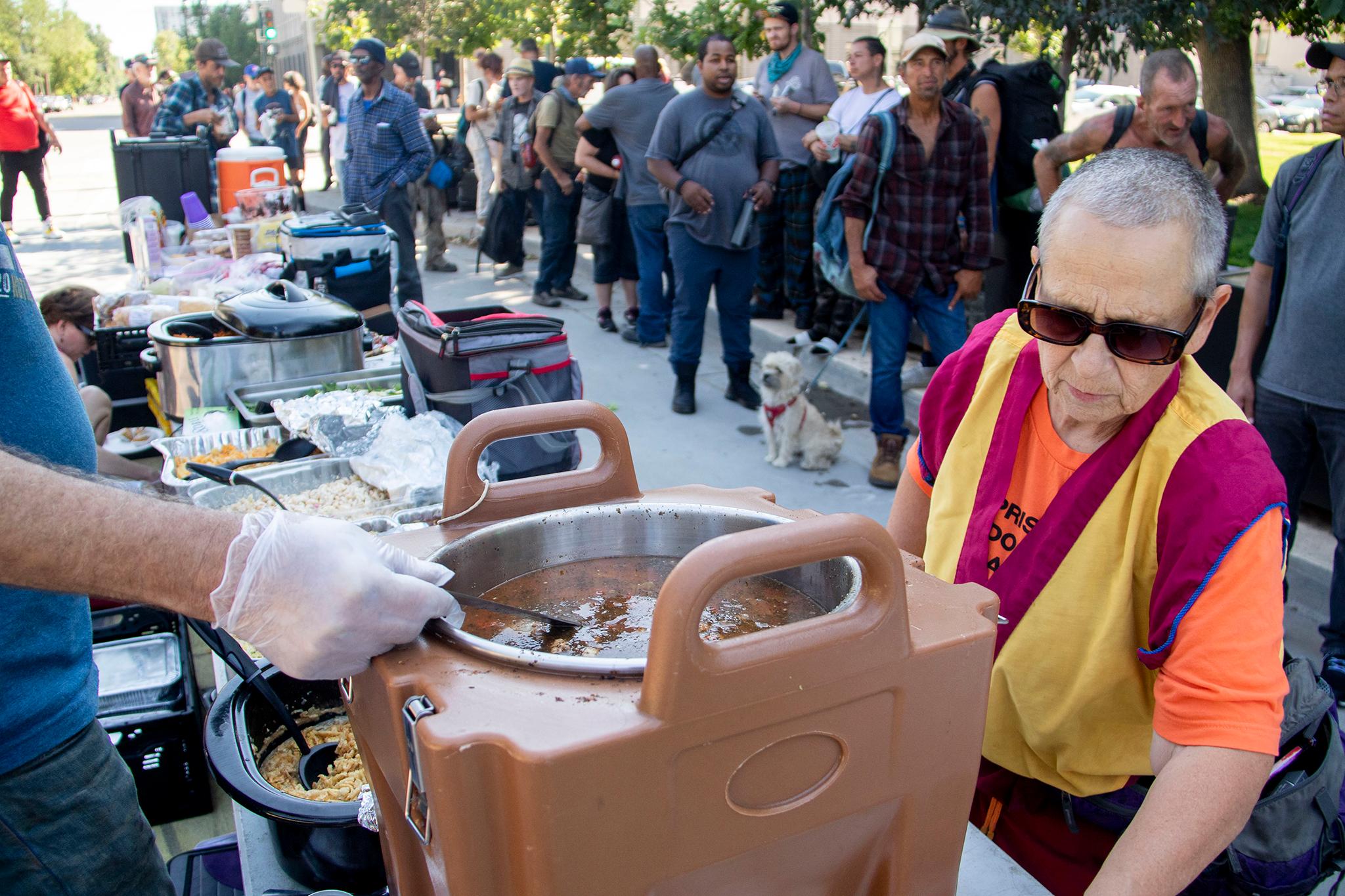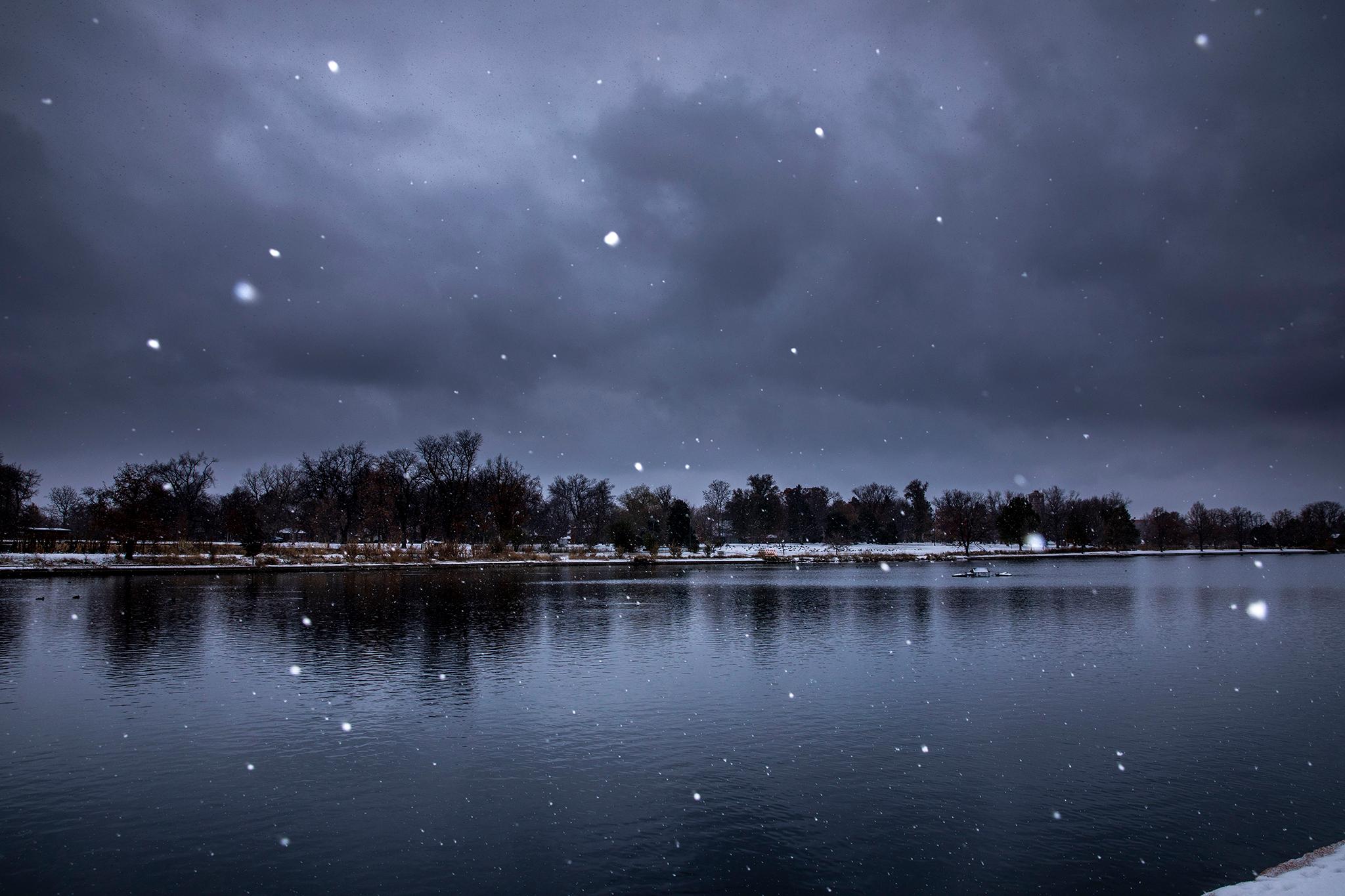In 2020, as protests against police brutality overtook Denver's streets, the city launched a long-planned program to remove officers from situations that would be better served by social workers.
And so Support Team Assisted Response, widely known as STAR, began with a single van and a limited pilot to see how things would go. Their most common mission: to help people living outside or dealing with addiction instead of handing out a citation.
The program has grown since those early days, and now it has a cousin dedicated specifically to Denver's green spaces.
Last September, City Council voted to place two co-responders with city park rangers, who are employees of Denver Parks and Recreation. The workers would come from WellPower, the nonprofit formerly known as the Mental Health Center of Denver, which also staffs STAR. WellPower says it's the first program like this in the nation. It kicked off in early December, with one social worker covering the city's entire park system, which includes places like Red Rocks, between 7 a.m. and 7 p.m., seven days a week.
Denver's rangers needed some help.
Chris Richardson, a WellPower supervisor who helped launch STAR, said meshing his team in with park staff was a fairly easy process.
"I hope this doesn't come across negative, because I think they'd actually wear it as a badge of honor, but they're just like really nice, caring, hippie-type folks," he said. "They are just so easy to get to know, and they all have beards and it's just like they got into this to actually like help."

Kevin J. Beaty/Denverite
Caronia DiStefano, a park ranger supervisor, said a lot of her colleagues' backgrounds did not lend to helping people in crisis, especially without backup.
"We get into this line of work because we're environmental scientists, or we have a passion for our public land," she said. "And so we really, when faced with these tough contacts, didn't know how to tackle it."
People can experience meltdowns or overdoses anywhere, but both Richardon and DiStefano said parks are worthy of special focus.
"Parks, historically, have been viewed to be safe places for people," Richardson said. "They can gather themselves, they can get peace of mind, they can think. It's open to everyone, and it's supposed to be that safe space. And especially with our unhoused neighbors that are downtown, it is a safe place for them, too."

DiStefano said her colleagues began regularly calling STAR once it began. But the service was limited, and usually busy elsewhere, which meant rangers couldn't pull in social workers as often as they needed. She and her colleagues are grateful to have mental health experts dedicated to their beats.
"Being able to offer that onsite is, it's a real game changer for us," she said. "It's just incredible to see how they're able to connect people with exactly what they need."
There's still a lot of people who need help in Denver. This co-responder program is the latest in a string of new projects to help.
2020 was an especially rough time for everyone, Richardson said, but it was also a crucible for new ideas.
"I think 2020 allowed Denver to kind of grow and create new things that no one had thought of. STAR was part of that, but also the safe outdoor spaces popped up during that time," he said. "So I'm hopeful that the future of Denver is really bright, to be able to help continue to provide additional services for people that we're having contact with and doing it in that timely, low-barrier-to-access manner."
Things are still rough for people living on city streets, he added, though Denver feels different now than it did a few years ago.
Virya Kelsang, an advocate who spends a lot of time helping people living in homelessness, said the current state of things worry her. They've seen a lot more frostbite this season than in years past and ever more people who need a hand.
Kelsang said she was cautiously optimistic about co-responders rolling around with park rangers.
"I'm a little bit interested, a little bit leery about this. Park rangers have not always been the best friends to homeless folks. They, you know, evict people in the middle of the night," they told us. "If they've seen a need for mental health professionals, it's worth a try. I mean, anything that would help unhoused people get their needs met is something I would be willing to back and see how it works out."

DiStefano said her rangers have seen success already.
"Most recently, we had a co-responder contact with an individual who had been living on and off in one of our parks for a long time. We knew the individual, and he struggled with alcohol addiction and he been experiencing homelessness. And we had never been able to connect with him in a way to get him excited about resources," she said. "One of our co-responders was able to chat with him, and on their first contact connect him with an intake program through WellPower and get him set up and in a recovery program. That was amazing to see."
If you're in a park and see someone who needs help, she added, call 311. If you leave a message for park rangers, she said, her department will get it immediately and send their WellPower partner as soon as they can.












